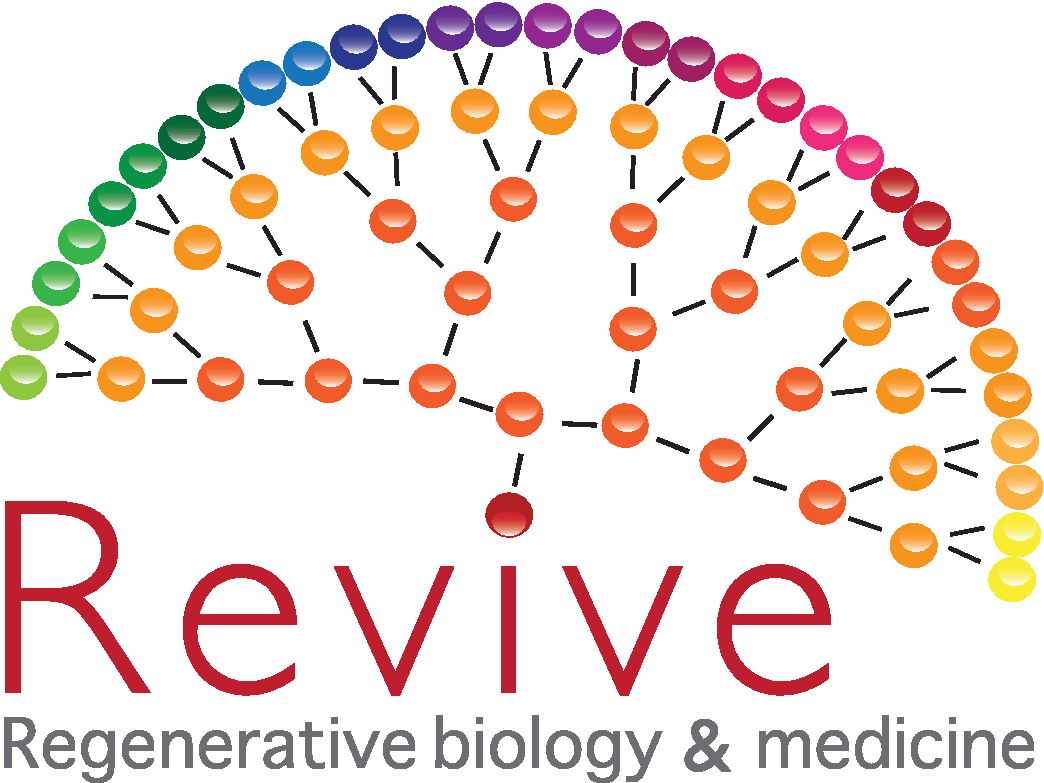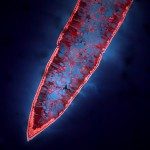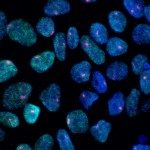Functional pancreatic beta cell mass in rodent and human
Pancreatic beta cells are specialized factories devoted to produce large amounts of insulin that is stored within granules and secreted in a tightly regulated fashion. In the pancreas, beta cells are clustered with other endocrine cells (alpha, delta, PP cells), forming microorgans, the islets of Langerhans. Understanding pancreatic endocrine cell development and function is important on a fundamental point of view to better define complex cell types such as insulin-producing beta cells. Such knowledge is also crucial to better understand and treat specific forms of diabetes. Finally, it is now established that beta cell production from multipotent stem cells will require a perfect understanding of the way beta cells form during development. This is also the case for the development of therapeutic approaches based on regenerative medicine.
In the past, we learned a lot on beta cells and their development from rodent models. In rodent, pancreatic development can be studied in great detail. Moreover, islets can be prepared from which beta cells are purified and deeply studied. But we also learned that while rodent and human beta cells share many similarities, they differ on a number of important parameters. In this context, developing ways to analyze human beta cells and their development represents a major challenge.
Recently, our team has:
– Developed the first available functional human beta cell lines
– Used them to model beta cell in physiological and pathological conditions
– Developed innovative ways to study human pancreatic development
– Developed new approaches to study rodent beta, but also alpha and delta cells
Labex Revive Partner




